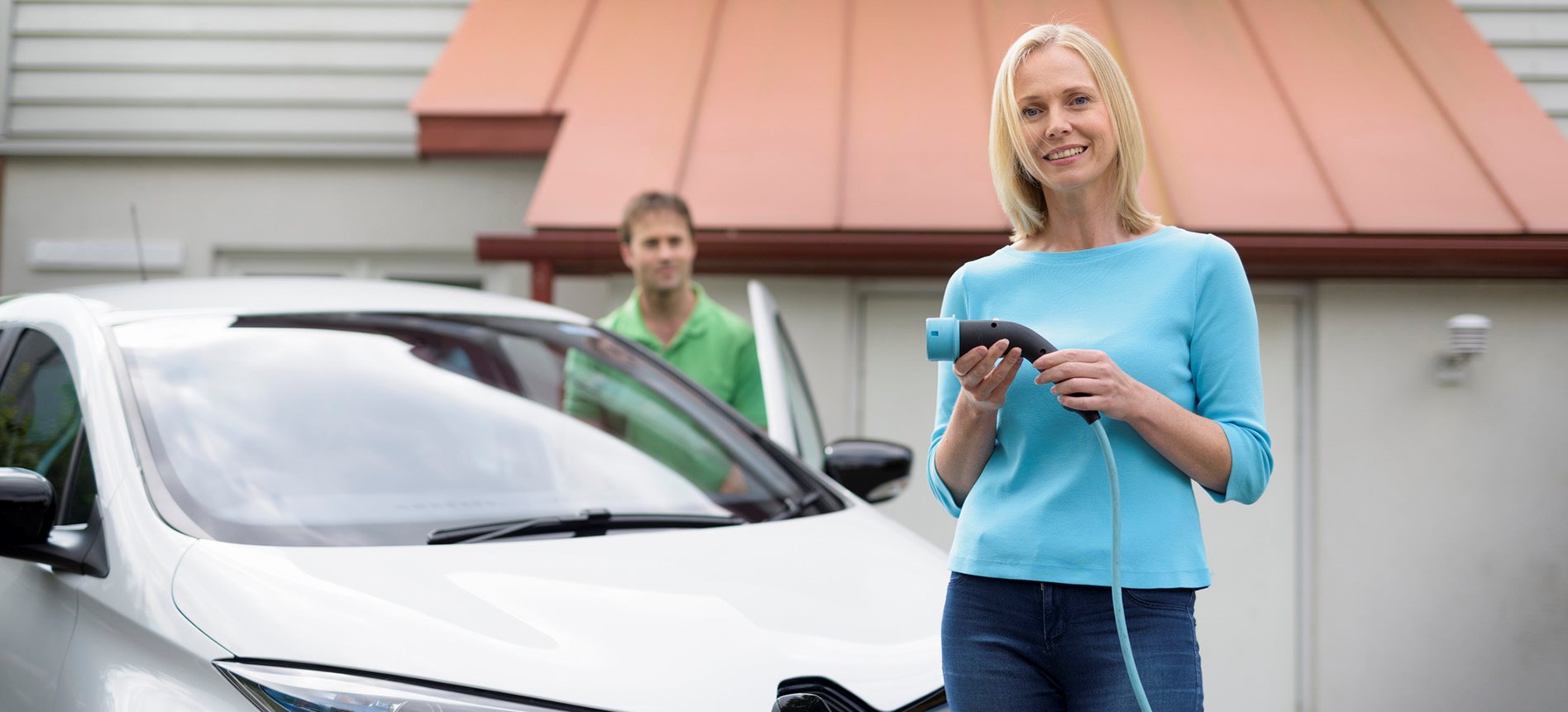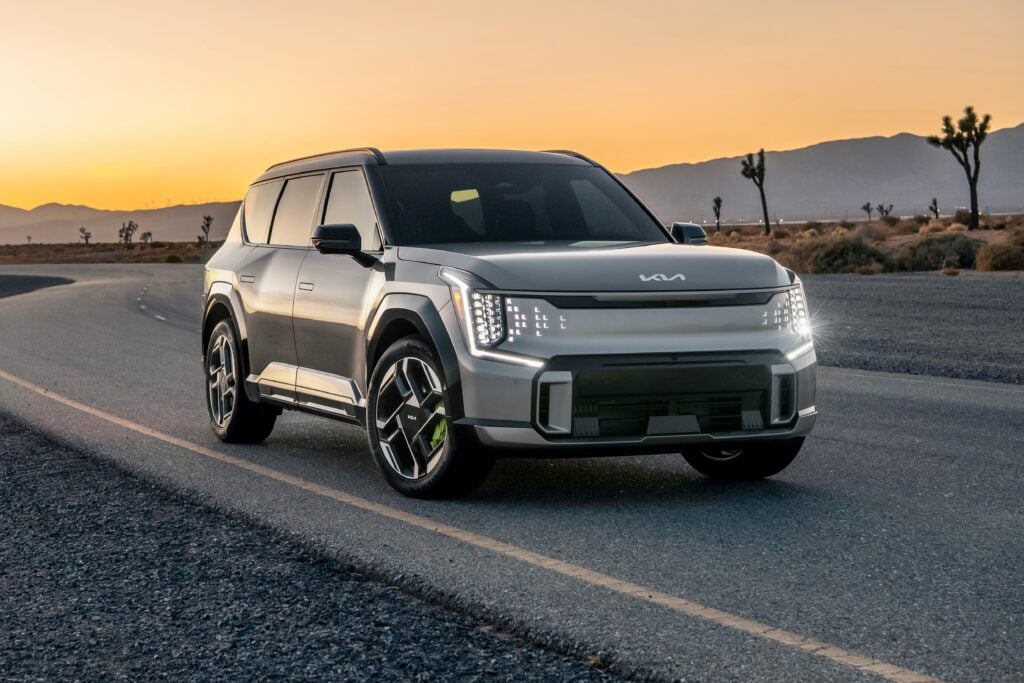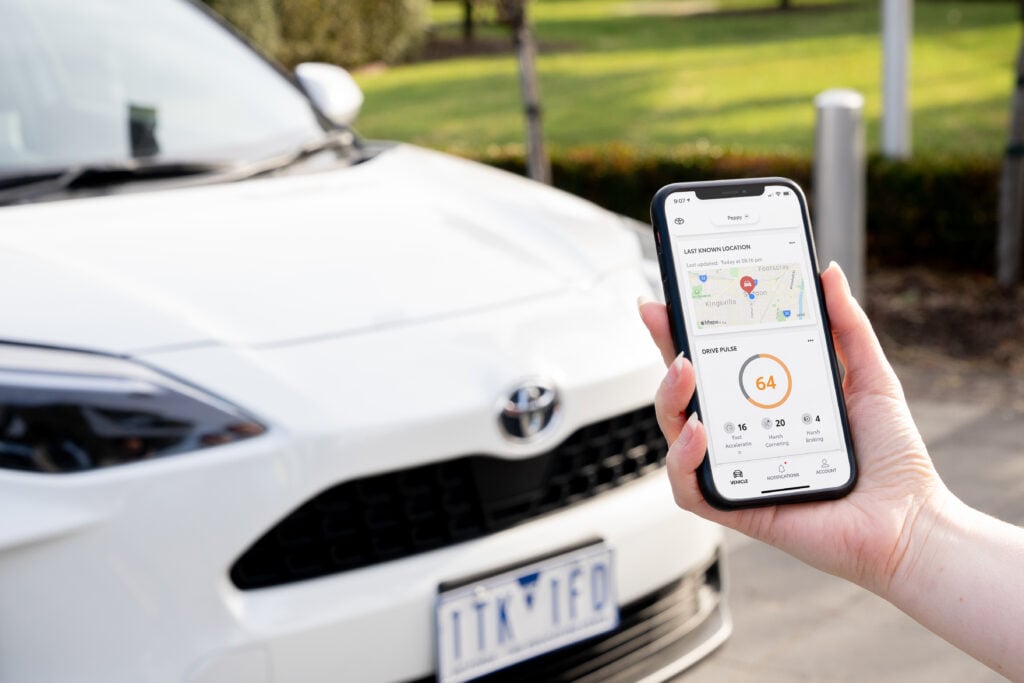Snapshot
- BEVs and PHEVs to get cheaper rego and stamp duty from July 2022
- Discounts to last five years
- Government fleet to increase to 200 vehicles by 2030
The Northern Territory Government has announced today it will offer discounted registration and stamp duty fees from mid-2022 on electric vehicles and plug-in hybrids.
Over the next five years, the Territory will also offer grants for home, workplace and public EV chargers, develop local skills to be able to service the technology and install the infrastructure, and increase the number of cars in the Government fleet.
While no figure has been put on how much rego would be slashed by, stamp duty for first time registration of new and used EVs in the Territory will be cut by $1500 – effectively removing the latter on cars up to $50,000. Both discounts will apply for a period of five years starting from July 2022.
Additionally the Government said it plans to increase its fleet by 20 per cent over 10 years to a total of 200 vehicles by 2030.
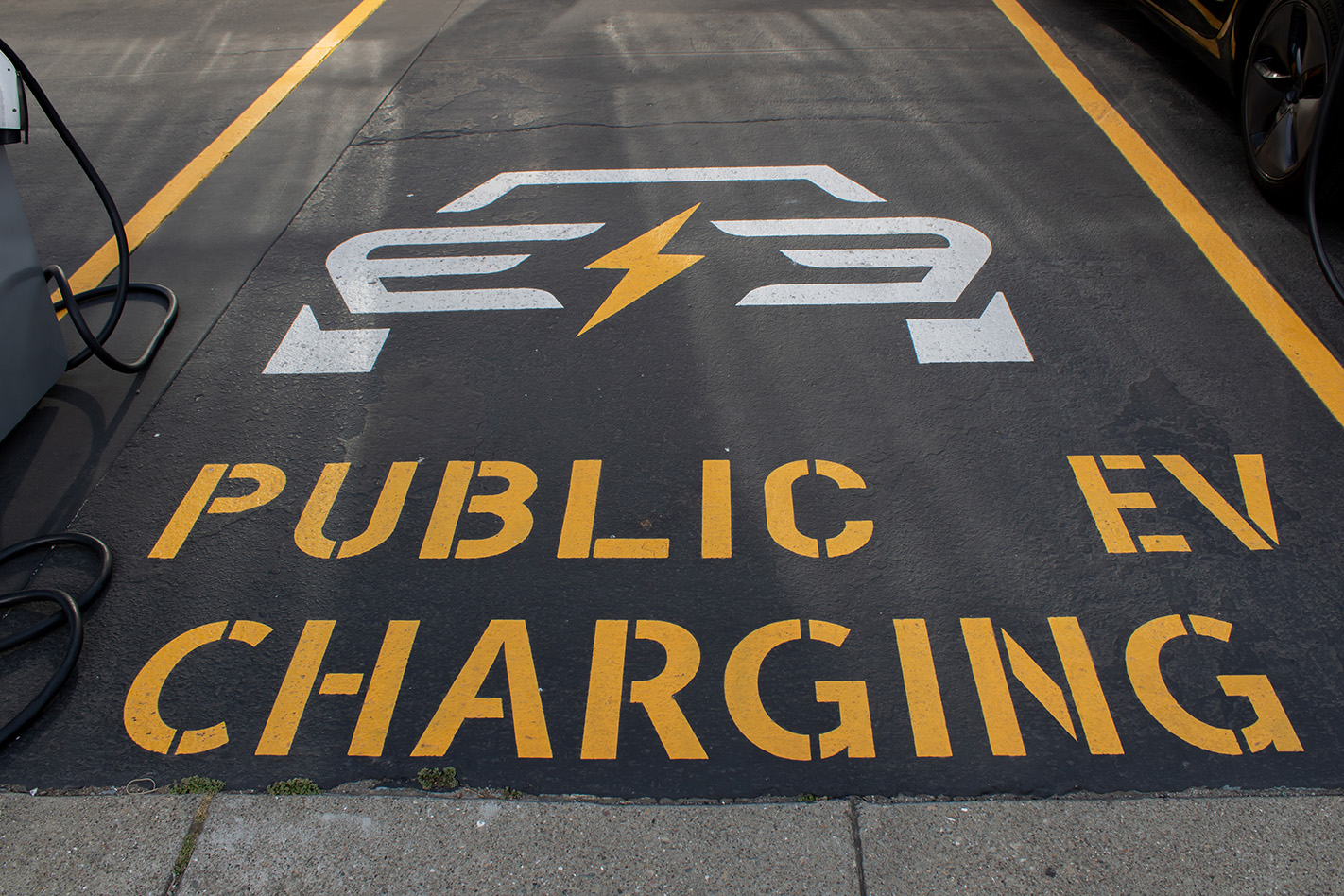
“The Territory Labor Government is continuing to address renewables and climate change while creating new business and economic opportunities for Territorians,” said Minister for Infrastructure, Planning and Logistics and Renewables and Energy, Eva Lawler.
“[Our] actions…have been directly influenced by feedback from the community, including 79 per cent of respondents supporting the NT Government encouraging EV use and 77 per cent agreeing now is the right time to encourage EV use. Feedback indicated there is significant support for installing EV chargers, as well as setting targets for the Government fleet.
“Implementation of this electric vehicle policy confirms our Government’s actions on addressing climate risk to transition to a low-carbon economy. Responding to climate change will not only help us protect our environment, but will support this new industry and the jobs that come with it.”
The State Government told Wheels it has no current proposals to implement an EV tax as seen in other parts of Australia, but also did not rule it out in the long term.
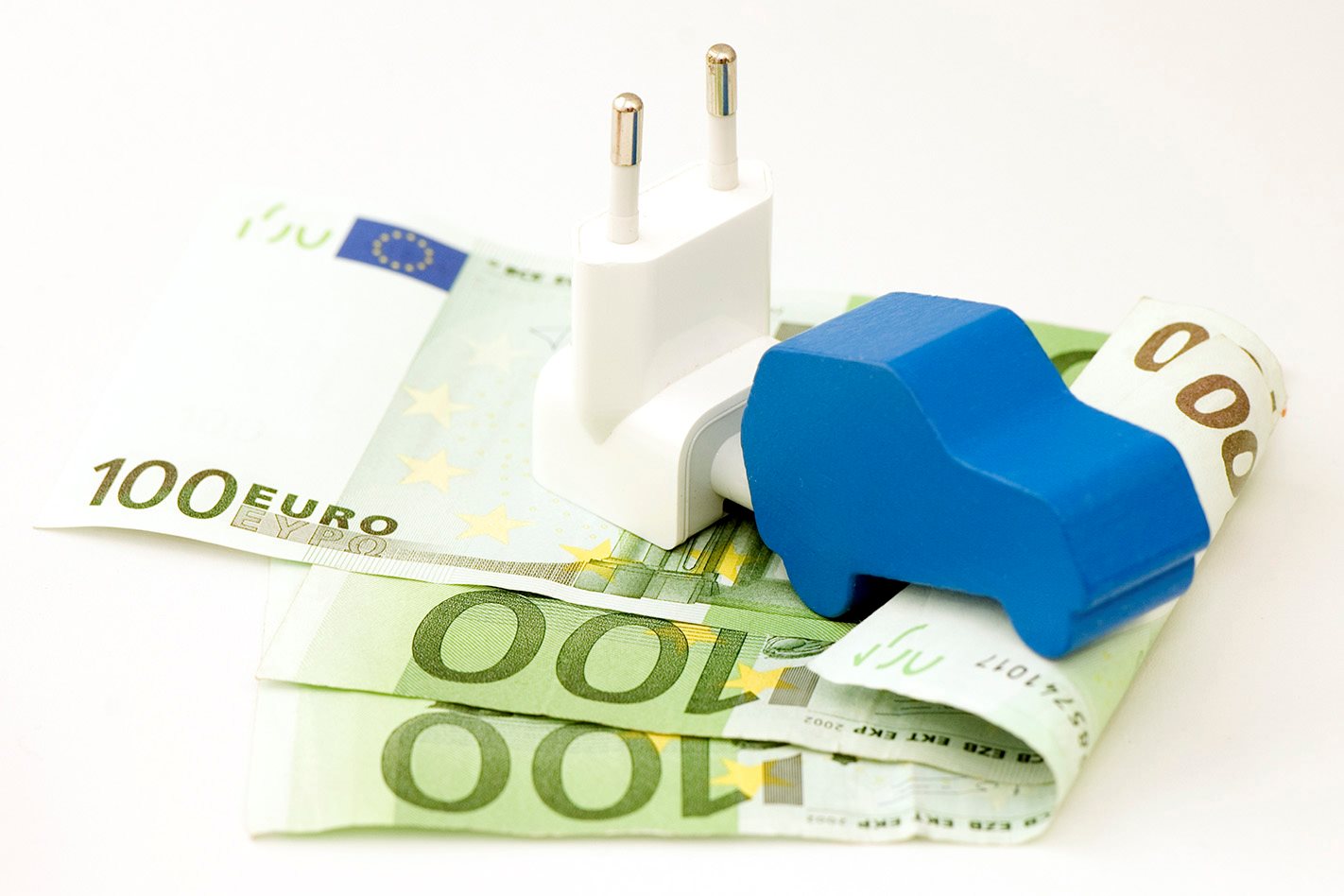
In December 2020 the Territory had just 38 EVs registered. To encourage uptake and quell range anxiety, the authority plans to install a minimum of 400 charging points at Government buildings.
The NT’s Electric Vehicle Strategy and Implementation Plan 2021-2026 released today states: “EV uptake in Australia has lagged behind the rest of the world, however EVs are coming. The rate of uptake is expected to soar as the price difference between EVs and conventional vehicles narrows.
“The Northern Territory’s characteristics including long distances, a small and widely dispersed population and extreme climatic conditions [which] present unique challenges for the introduction of EVs.
“Any policies or programs implemented by the Northern Territory Government to encourage the uptake of EVs are likely to have limited impact nationally. However, now is the time to position the Northern Territory in relation to the introduction of EVs.
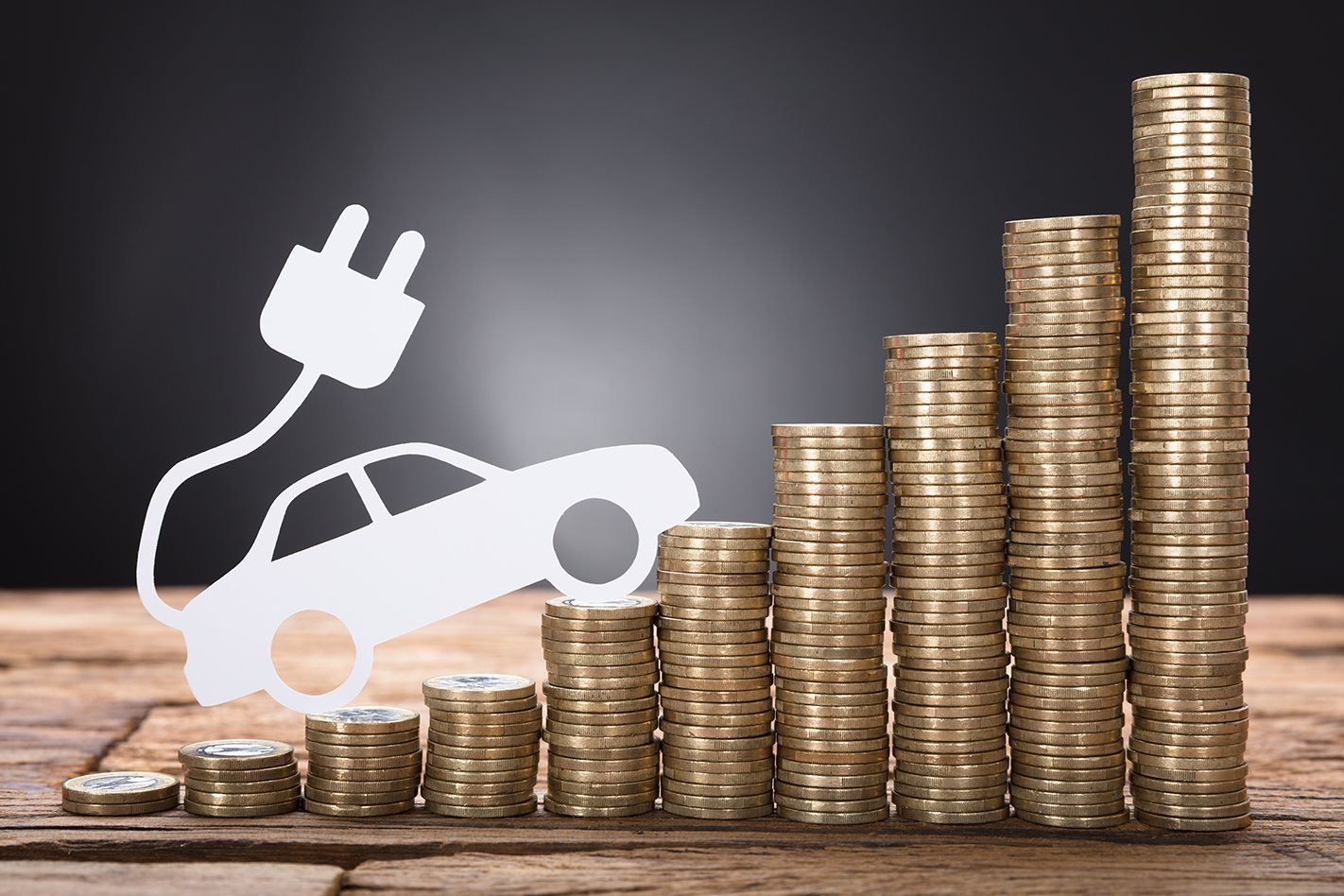
“The Northern Territory needs to be prepared for the transition and harness the benefits. [Federal] Government support is needed to ensure the Northern Territory is not left behind as Australia transitions to electric mobility.”
Behyad Jafari, CEO of the Electric Vehicle Council reacted positively to the news.
“It’s a great sign the NT is developing a holistic electric vehicle policy. Recognising the immediate need to reduce prices to get more people making the switch to electric.
“This approach recognises the significant opportunities a shift to electric vehicles presents to the Territory and for all Australians.”
The Federal Chamber for Automotive Industries (FCAI) also welcomed the announcement.
“Our initial view is that the NT’s package is a very simple and pragmatic way to promote the expansion of EVs across the Territory. We commend the Territory Government for this and look to work with them to expand plans to enhance the uptake of low emission vehicles into the future,” said Chief Executive Tony Weber.”The proposed reduction in stamp duty is potentially the first step for the NT Government in moving towards a future road charging system which replaces inefficient and out dated taxes. The FCAI welcomes the approach to supply grants to support the development of EV infrastructure and is pleased the Territory Government is looking to expand its fleet of zero and low emission vehicles.”
The NT strategy follows recent announcements from Tasmania, Victoria and New South Wales about their own offerings to encourage uptake of EVs.
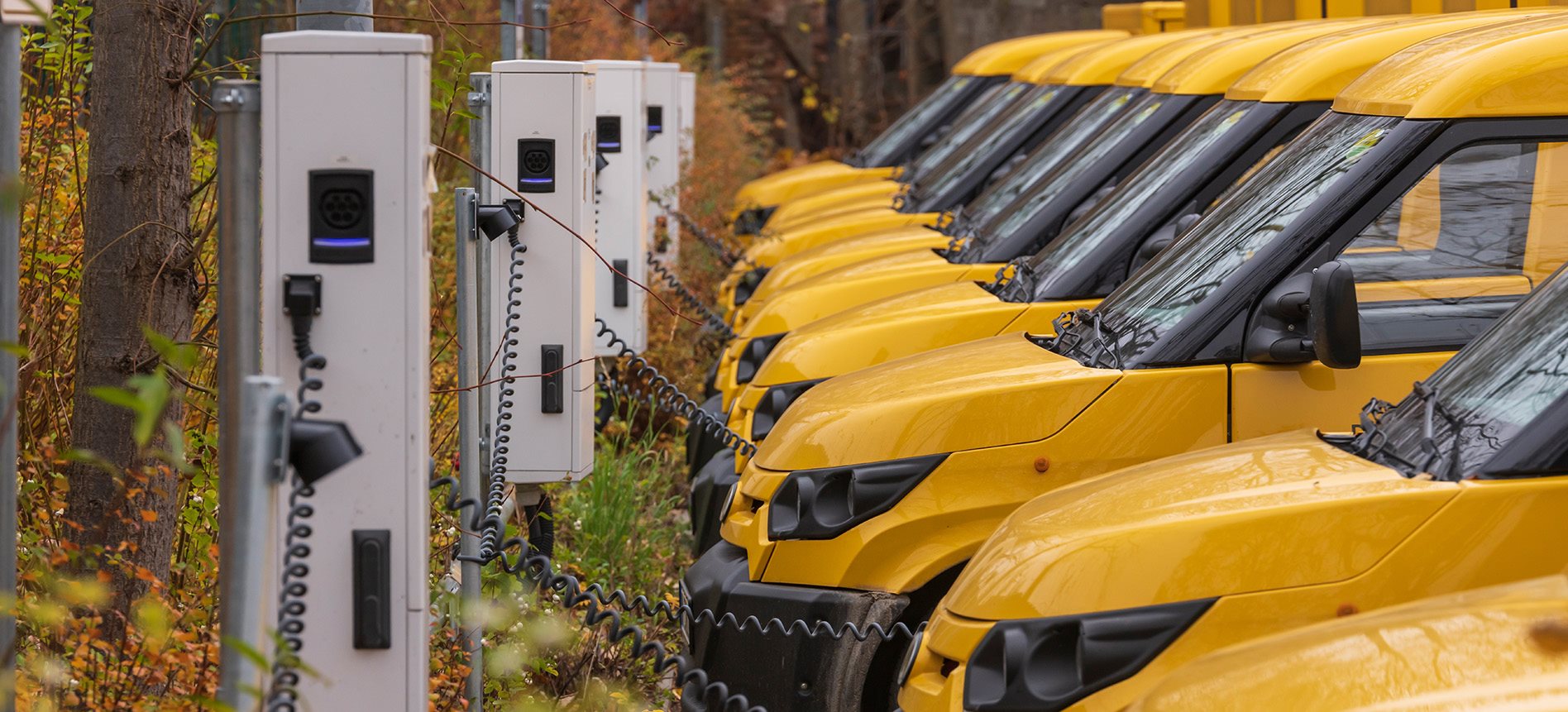
Last month, New South Wales revealed it is to offer a $3000 rebate for the first 25,000 EVs or FCEVs sold which are priced under $68,750, as well as waiving stamp duty for such vehicles under $78,000 which will apply from September 1, 2021.
However NSW also plans to introduce a distanced-base charge of 2.5c/km for BEVs and 2c/km for PHEVs – but only as of July 1, 2027 or when EV sales hit 30 per cent – whichever comes first. It will also deliver $171 million in charging infrastructure across the state.
Meanwhile Victoria’s State Government hopes its incentives program – which offered 20,000 $3000 subsidies from May 2 on vehicles priced below $69,000 – will also get the state’s new car sales to 50 per cent EV by 2030.
Controversially, it has brought its own tax in straight away, with the road-user charge already in effect as of July 1 this year, which means a 2.5c/km charge applies to electric and hydrogen vehicles, and a 2.0c/km charge for plug-in hybrids.
The Tasmanian State Government announced earlier this month it is ditching stamp duty on all new and second-hand electric vehicles for the next two years.
We recommend
-
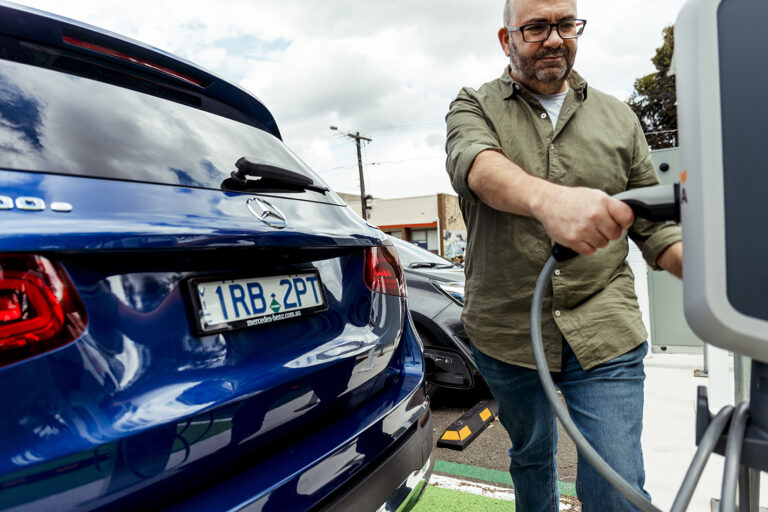 News
NewsNSW announces huge $490m EV incentives strategy, and a road user tax
In a 'challenge accepted' moment, NSW has looked at Victoria's recent electric vehicle announcements and revealed an incentives plan five times bigger
-
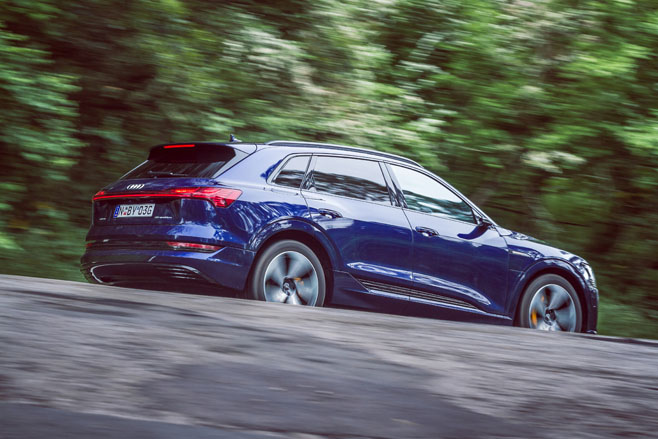 News
NewsTasmania waives stamp duty for two years on all new and used EVs
Stamp duty wiped for the first two years – took effect on July 1
-
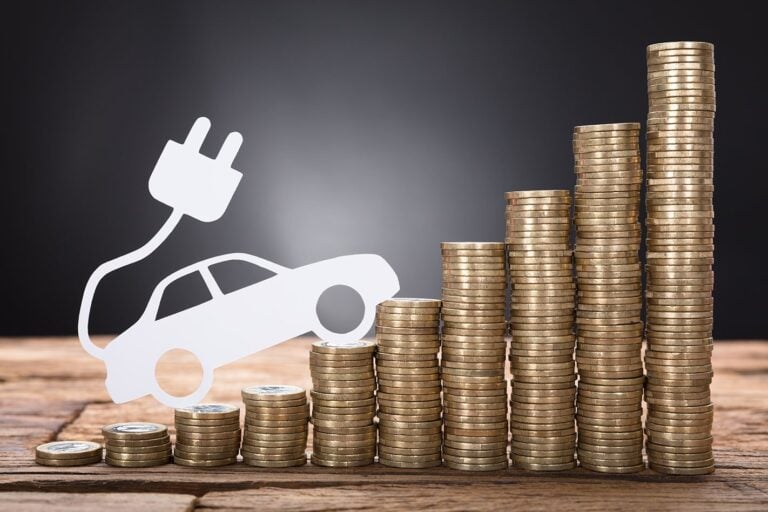 News
NewsSolar Victoria paying EV buyers back directly over subsidy scheme 'confusion'
Solar Victoria is running the scheme which is not as straight forward as it first seemed


